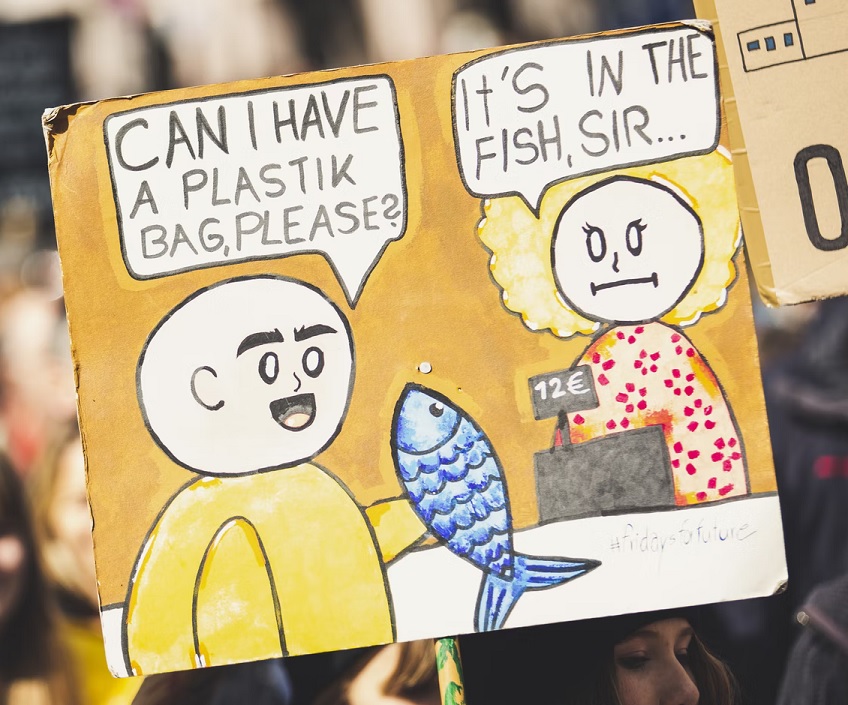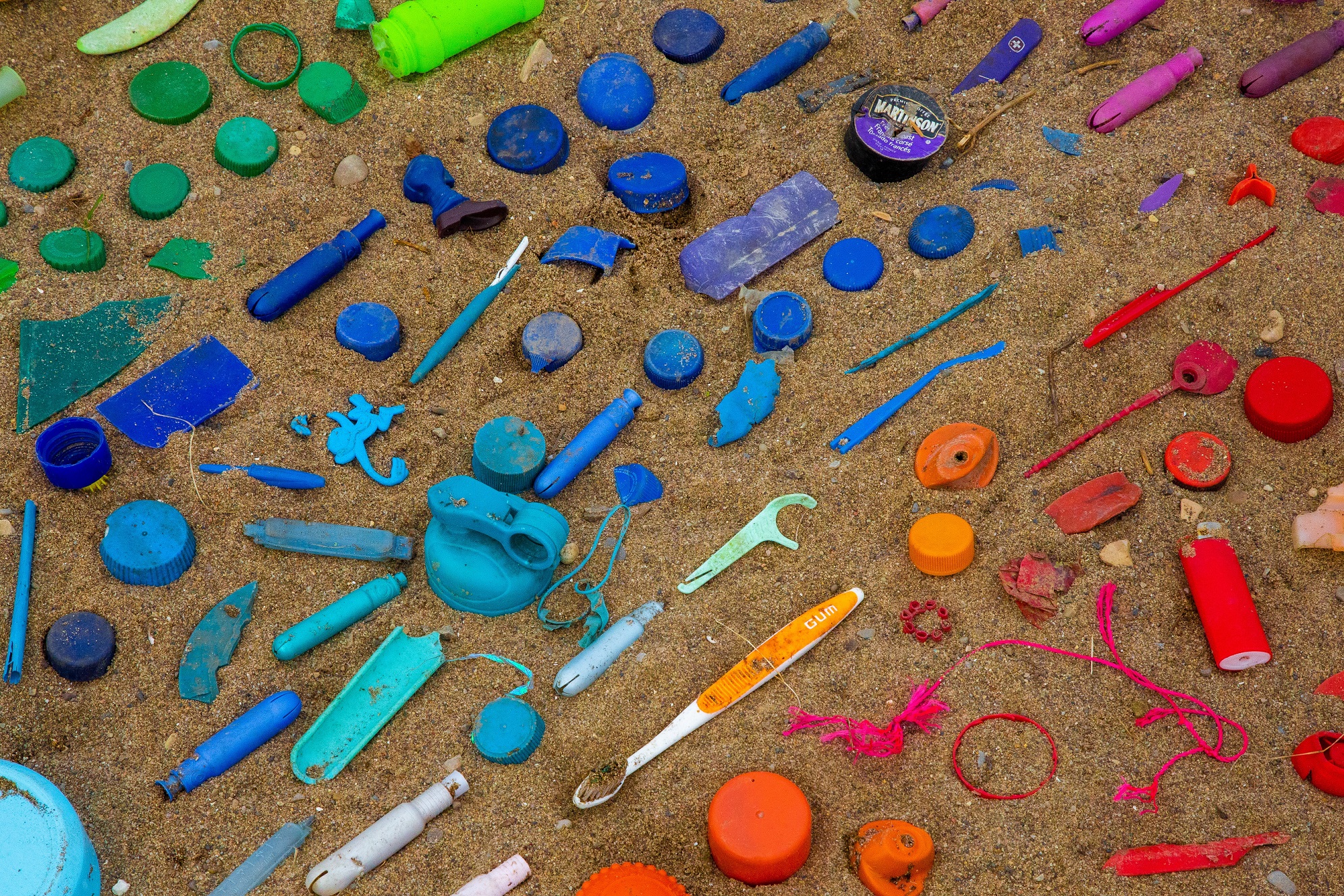Last week nearly 200 countries agreed in principle to an international plastic treaty that aims to tackle global plastic pollution, but the devil is in the details.
Plastic is everywhere. It’s in the deepest seas, rains down from the sky, and it’s even in our livers. While the long term effects of living in this chemical stew are still unknown, there’s so much plastic in and around us that if it ends up being harmful, the harm will be unstoppable. However, there’s something to be said for not making the problem worse than it already is, which is why the new international plastic treaty being hammered out at the UN isn’t entirely useless.
Representatives from United Nations member states met in Nairobi last week to begin negotiations aimed at an international pact addressing the problem of plastic pollution in a move that’s being compared to the 2015 Paris Agreement, although one fervently hopes that the plastic treaty will have more lasting and measurable real world effects.
Plastics were once heralded as a futuristic material that would make life endlessly better, but like so many other advances, has ended up becoming a real problem. It turns out that they can’t be recycled and reused forever, an illusion still perpetuated by the plastics industry even as the stuff piles up, unable to be sent to China to take advantage of low-wage labor and lax environmental standards that once enabled used plastic to be ever-so-marginally profitable to recycle in quantity. Lacking significant domestic infrastructure for plastic recycling, but with ever more plastic being produced year after year, puts us in a real bind, since there’s no good way to get rid of it. Only 9% is recycled into new products, with the rest being landfilled, incinerated, or simply released into the wild.

The trend is likely to continue as more people and communities switch to “cleaner” sources of energy like wind and solar power. Oil and gas producers, losing market share, are heavily incentivized to pivot towards plastic, creating more single-use products that do nothing to help the cleanup effort.
Since businesses are unlikely to voluntarily curb their plastic production or use, and the market is comprised of individuals whose personal choices are not enough to make a dent, it falls to governments to push for changes in plastic production, use, and eventual disposal.
In Nairobi, 175 countries agreed to work on the plastic treaty, a series of resolutions covering the entire lifecycle of plastic, from manufacturing to disposal. The treaty also created a negotiating committee that will spend the next couple years figuring out how to manifest the goals that were agreed to at the meeting, with the final treaty expected to be signed at the next UN Environment Assembly in 2024.
There’s a lot to sort out before the plastic treaty takes its final form. Will it be legally binding, or simply voluntary? Will new regulations concentrate on recycling, as the oil and gas industry are pushing for, or will it address the source by tackling production (especially single-use, disposable plastic) and usage? Will consumers be responsible for making sure their plastic trash gets recycled (whether they have access to proper facilities or not), or will the onus be on manufacturers and distributors to make sure their products don’t leave a mess behind? How much plastic pollution is too much? The draft resolution doesn’t fully answer all of these questions, and a lot of negotiating will be taking place before 2024.
With so much plastic being produced and consumed in the world’s wealthy countries, who then foist the waste products off on poorer countries, it’s perhaps unsurprising that Rwanda and Peru submitted the joint proposal leading to the plastic treaty. At the bottom of the world’s economy, waste pickers in poor countries filter through dumps like those in Colombia, Kenya and Senegal, where they spend 12 or even 16 hours a day manually digging out bits of recyclable material. Reducing the flow of plastic would affect the pickers, who depend on trash to support their families. One hopes that the plastic treaty will take them into consideration, even as it undertakes the important work of getting a handle on the world’s plastic pollution.
Related: Microplastic is Everywhere (Even in You)


Join the conversation!